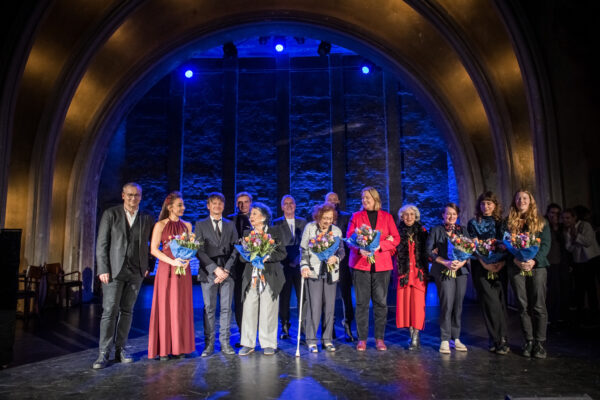We would like to present to you our successful work of the last four years as part of the “Network Remembrance” project – which we carried out under the conditions of the COVID-19 pandemic (2020/21) and the Russian war of aggression against Ukraine (2022/23).
Against the backdrop of Russia’s aggression against Ukraine and the dangers to the democratic world order, coming to terms with the German occupation during the Second World War and remembering forgotten victims of the Nazi genocide in Ukraine have taken on new significance. We are impressed by the commitment of our local partners who continue their work and try to incorporate Holocaust remembrance into school programs and public activities.
Unfortunately, we have still not received any information from the Federal Foreign Office about further funding for the network. However, we very much hope that the public initiatives created within the framework of our project will continue to receive technical support and resources for their exchange and further development in the future. The potential accumulated in the network is extraordinarily large and diverse.
What have we achieved together with our partners?
Work on memorial sites
- Maintenance and construction of 24 memorials
Until 24 February 2022, the local administrative bodies have taken over the maintenance of all memorials built and financed by the project. After February 24, 2022, a need for care arose again due to the financial deficit in the municipalities.
- Documentation of Memory Landscapes – LiDAR Investigations
- Erection of information boards on local Holocaust history in Goloby, Sobolivka, Raihorod, Mizoch and Kysylyn
- Redesign of memorials in Sobolivka and Goloby, Kolodyanka and Kysylyn
- Regular commemorative ceremonies at the project sites
- Preparation and publication of recommendations for the implementation of commemorative events Paths of Remembrance (edition of 500 copies, fully distributed)
Working with communities and initiatives
- In-depth interviews and preparation of a report on the significance of the project »Preserving Memory« (2016–2019) together with psychologist Marina Chernivsky
- Building a network of 40 initiatives from all over Ukraine
- Collaboration with 23 mentors and experts in remembrance culture, culture and project management
- 310 events and local projects for remembrance and the preservation of local cultural heritage
- Collaboration with local museums: updating exhibitions
- Traveling exhibition about the project, which was presented in 24 municipalities of Ukraine
- psychological support of the project partners, both individually and collectively
- regular moderated online meetings of the network, online expert meetings and discussions on the state of research, a total of approx. 190 hours
- »Docudays UA«: Screenings of films in 18 municipalities of Ukraine and subsequent discussions
- 11 new active documentary film clubs in smaller communities of Ukraine
Partnerships
- Project: Discourses of War. Analysis of the public discourse on events of the Second World War in the context of the Russian large-scale invasion (collection of tens of thousands of sources, preparation of a report with quantitative and qualitative interpretation of the selected sources)
- Aid network: financial support for survivors of Nazi persecution in Ukraine
- Ukrainian Hour Berlin 2023: Co-organization and participation in 6 out of 10 online meetings with Ukrainian experts and members of the network on the topic of remembrance culture
- 5 new films on the theme of the Holocaust for the documentary collection Docudays UA and creation of scripts for moderated discussions on these films
Digital preservation and documentation of history and landscapes of remembrance
- Creation of an online OMEKA archive with information about the Holocaust at 9 project sites
- Cooperation with the University of Osnabrück on the potentials of processing historical aerial photographs
- Spaces of Remembrance: As part of this project, local memorials of the Second World War were photographically documented in 9 municipalities (in 120 settlements, mainly in rural areas)
Historical work and publications
- 9 Historical Online Publications on Local Holocaust History
- Publication of a primary source, for the first time in two languages (English and Ukrainian): Jack Glotzer. I Survived the Holocaust Against All Odds (1000 copies/750 distributed). New edition of the book adapted for secondary school (Ukrainian) The Daughter We Always Wanted: The Story of Martha (2000 copies/970 distributed). New edition of the methodological collection of primary sources (Ukrainian) From the First Person: The history of the Holocaust in the Eyewitnesses Testimonies (500 copies/440 distributed).
- A Ukrainian-Belarusian version of the catalogue of the exhibition Mass shootings. The Holocaust between the Baltic Sea and the Black Sea 1941–1944 created, published and distributed to researchers and libraries (2000 copies/720 distributed).
Recording of interviews with contemporary witnesses and oral history (podcasts and screenplays)
- After Silence: 37 Interviews with Holocaust Witnesses
- After Silence: Documentary Wordless and an educational script for the review of the film
Public demonstrations were organized in 12 municipalities of the “Network Remembrance” project and in more than 20 communities outside the project. The film is available for screenings in 401 documentary film clubs of the “Docudays UA” network.
- After Silence: Podcast How we survived Part 2, which presents various experiences of the civilian population of the occupied Ukrainian territories during World War II. Published on many public platforms.
- Creation of methodical scripts for schools based on the podcast How we survived Part 2 – 7 scripts for 8 episodes, which were tested with students and forwarded to initiatives for further testing. The pilot phase will take place in January 2024.
- Podcast of the Hulyaipole Initiative: Two centuries of history. Talks about the war and the reconstruction of Hulyaipole.
More information about our project can be found on our website: https://netzwerk-erinnerung.de/
EXCELLENT
John Pollick’s film »Beyond Babi Yar« is the winner in the category »Best Short Human Rights« at the Montreal Independent Film Festival, Winter 2024.
The recordings and interviews in this film were made in September 2019 in Ukraine – in cooperation with »Protecting Memory«.
Employees
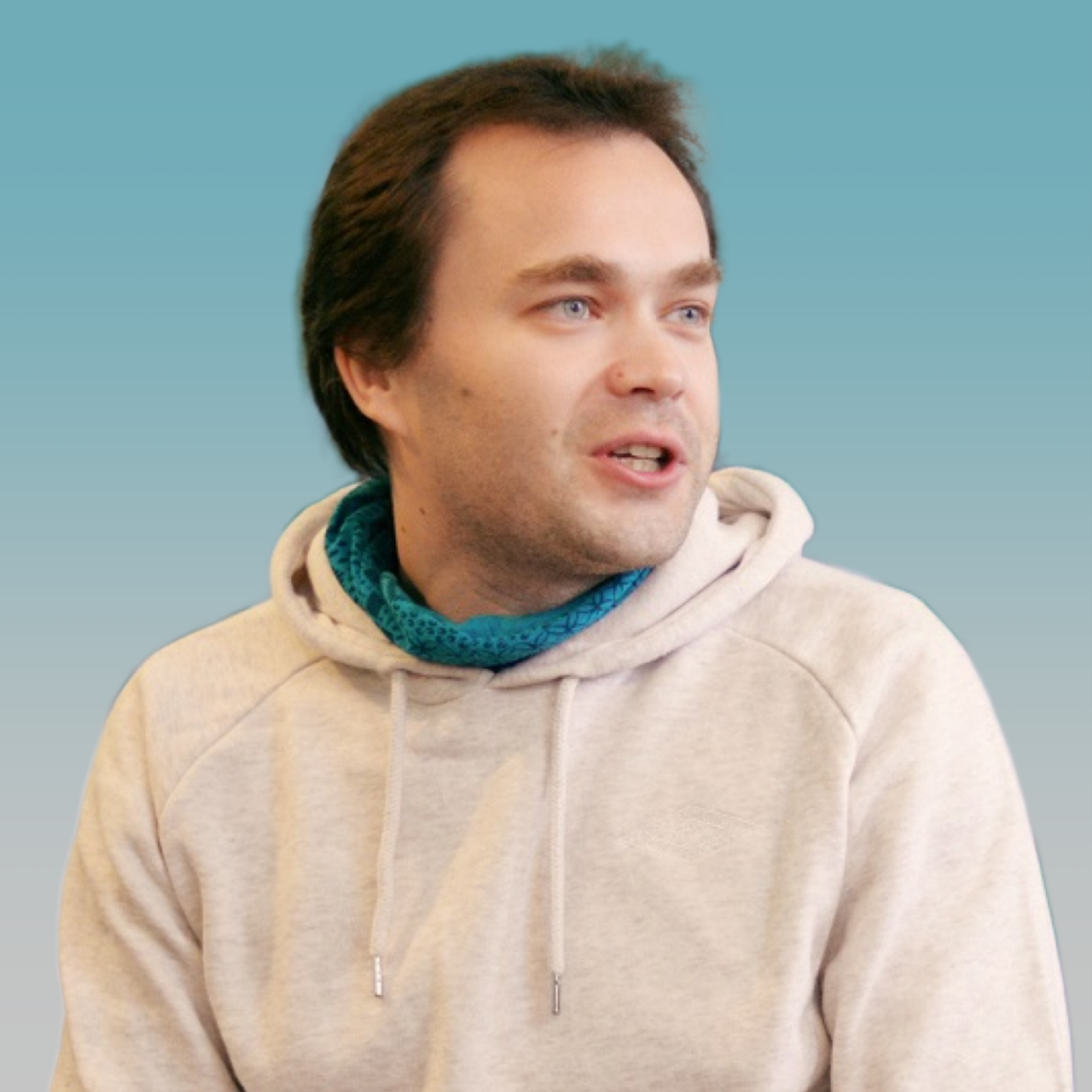
Vitalii Bobrov
Since January 2020, Vitalii Bobrov has been one of the local coordinators of the “Network Remembrance” project with a focus on education and commemoration. From 2011 to 2019, he was the coordinator for educational work in the project “Preserving Memory”. For me, this project is an opportunity to support many people on the ground, to create conditions for networking and cooperation, and to ensure that the value of work in memory of the victims of the Holocaust is recognized.”
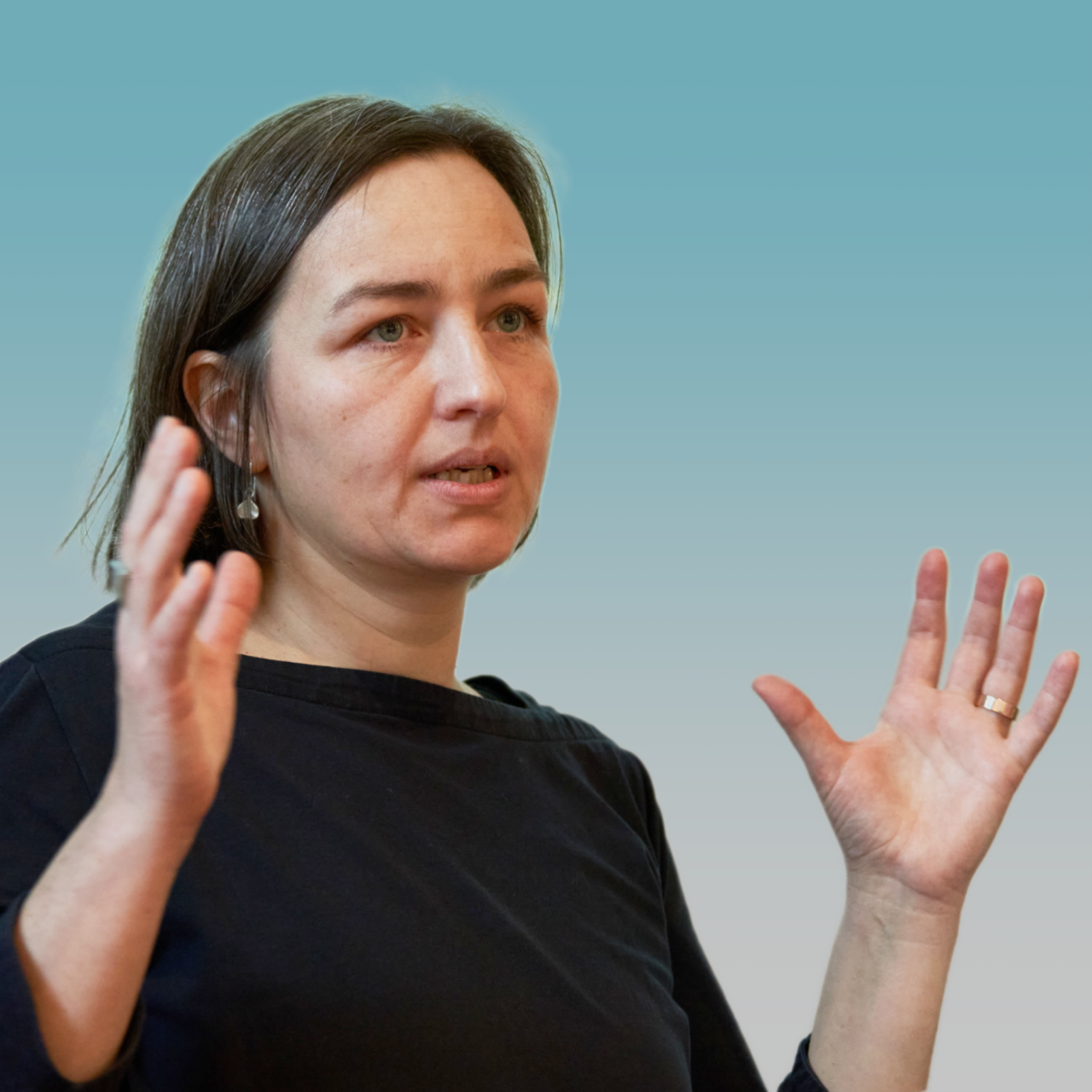
Dr. Svetlana Burmistr
Svetlana Burmistr, a research associate in the “Network Remembrance” project, is responsible for historical research, cooperation with the University of Osnabrück, financial planning and reporting to the Federal Foreign Office. The project and the collaboration with Ukrainian and international partners inspires, motivates and stimulates me to think about important questions of remembrance and coping with war experiences.«

Aleksandra Wroblewska
Aleksandra Wróblewska, research assistant in the project “Network Remembrance”, is responsible for the conceptual development of the project, project adaptation, contact with partners and initiatives, as well as questions regarding the protection of the memorial sites. The designation of places associated with the violent death of entire communities is a prerequisite for integrating the history of the Holocaust and the Roma genocide into the collective history of Ukraine. ›Network Remembrance‹ supports the development of local grassroots initiatives – an important milestone on this path.«

Mariya Goncharenko-Schubert
Mariya Goncharenko-Schubert is responsible for the financial management of the project and supports the preparation of publications, the updating of the website and the linguistic editing of texts. She is on parental leave from September 2022 to November 2023. “For me, the project means the preservation of Ukraine’s Jewish cultural heritage and the preservation of the memory of Jewish neighbors.”
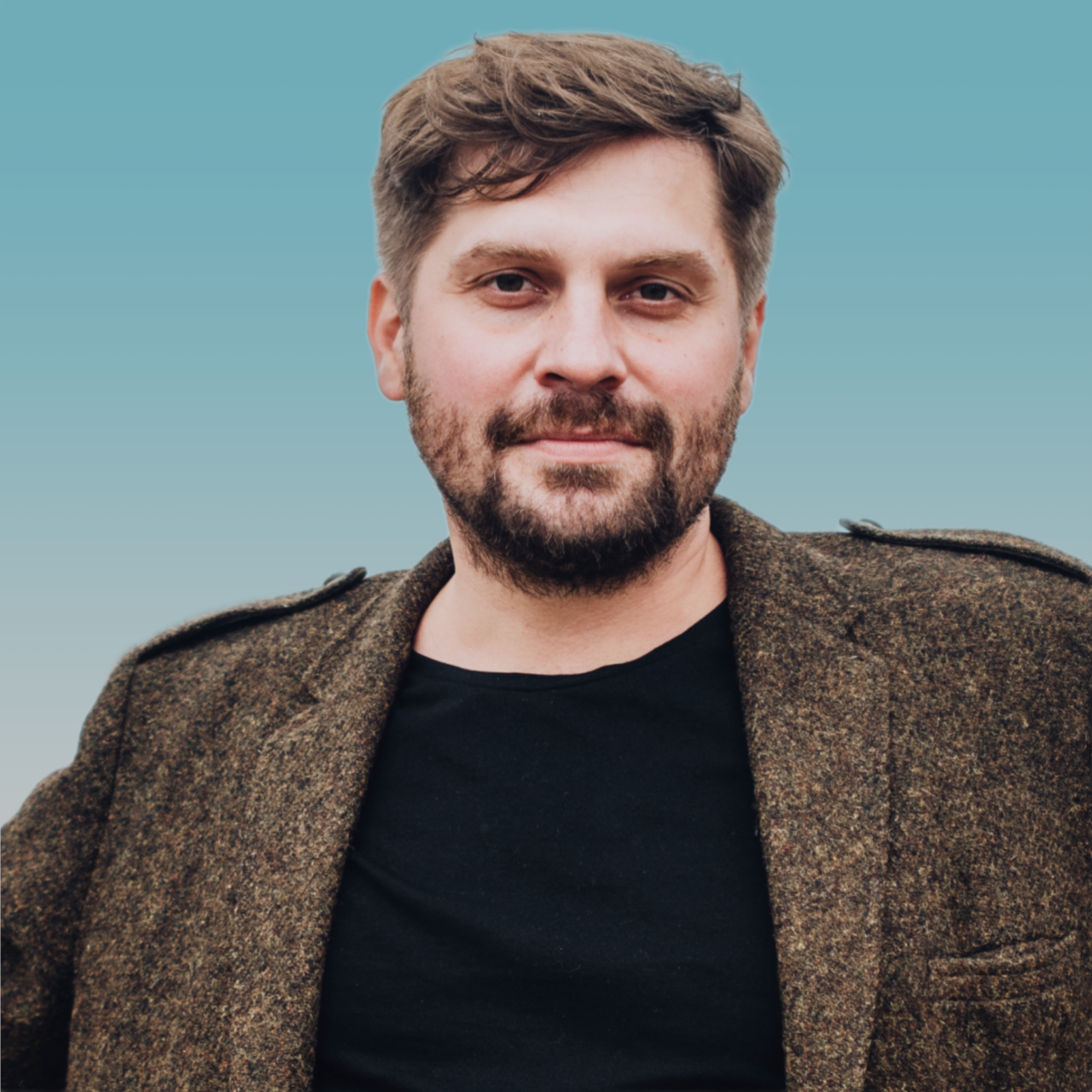
Taras Grytsiuk
Since January 2021, Taras Grytsiuk has been one of the local coordinators of the “Network Remembrance” project with a focus on mentoring and community development. As part of the project, I seek to build a network of partnerships, strengthen the capacities of local groups in small Ukrainian communities, and bring together professionals researching the history of the Holocaust in Ukraine with practitioners in the field of remembrance and public history. The ›Network of Remembrance‹ is primarily about opportunities for social change and cooperation.«
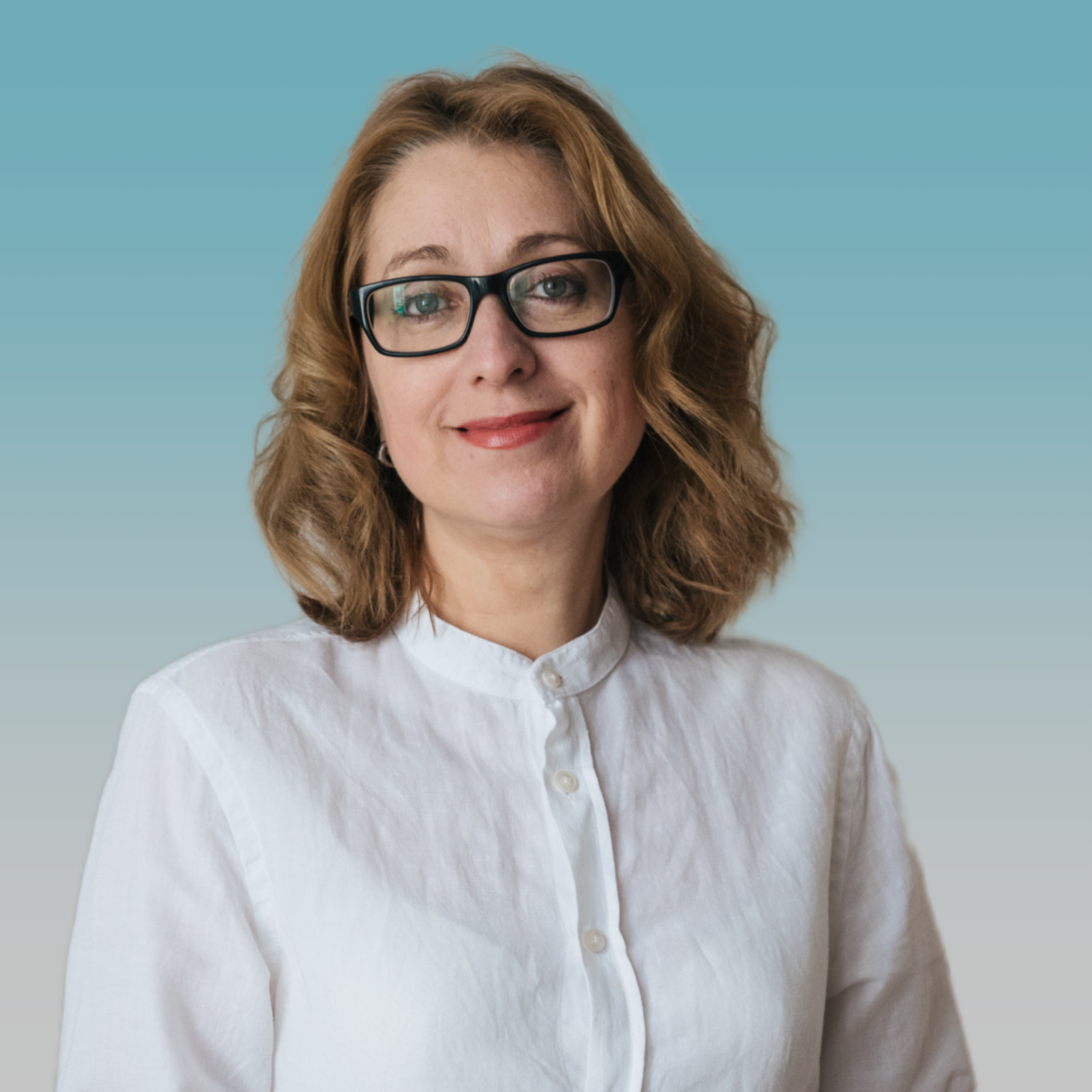
Dr. des. Tatiana Manykina
Tatiana Manykina is responsible for the financial administration of the project and the cooperation with the Aid Network for Survivors of Nazi Persecution in Ukraine. “During my work on the project, I see how the network of participants is constantly evolving, how much work is being done to preserve the memory, and being part of this team gives me stability these days.”




